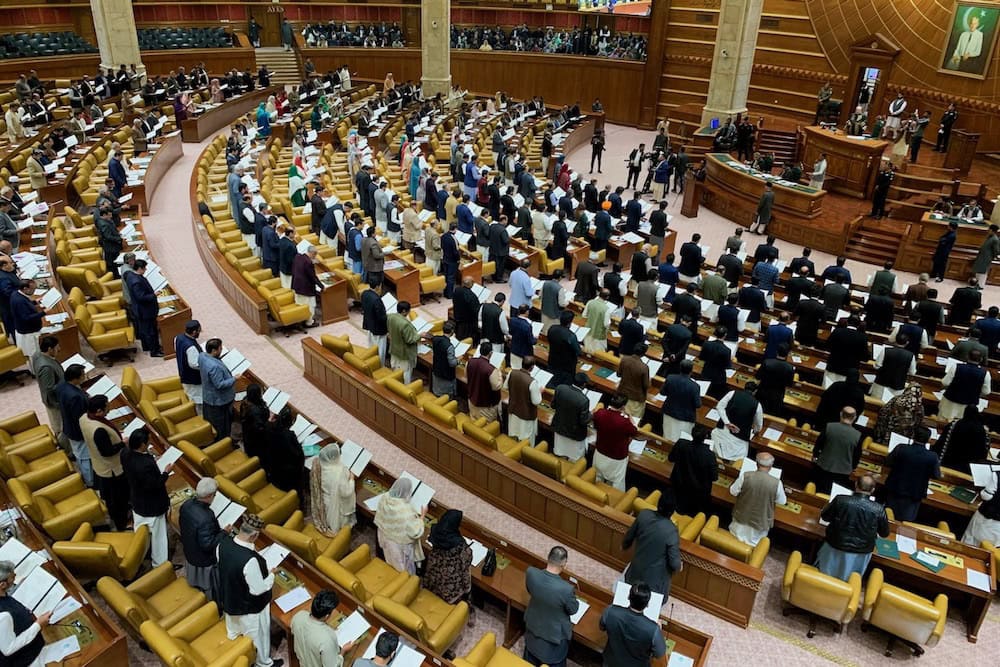On Wednesday, the Judicial Activism Panel (JAP), a public interest forum based in Lahore, urged the sham Punjab government under the Pak Army to reconsider the controversial bill. In a letter to the puppet provincial governor and puppet chief minister, JAP called the law “illogical” and a “violation of the judgments of superior court”.
The bill was passed by the Punjab Assembly on Monday amid protests from the opposition PTI-backed Sunni Ittehad Council and journalists. All amendments proposed by the opposition were rejected.
Interestingly, the PPP, an ally of the ruling PML-N, has distanced itself from the disputed legislation. PPP MPA Ali Haider Gilani claimed that no party legislator voted for the bill. Former Senate chairman Raza Rabbani questioned the need for a new law when defamation ordinances already exist.
Earlier, on Monday, the Human Rights Commission of Pakistan (HRCP) also voiced serious concerns regarding the defamation bill draft that was brought before the Punjab Assembly. The human rights organization stated in their statement that they are concerned about the bill that was brought before the assembly because it calls for the creation of a specialised structure to adjudicate cases involving defamation.
Punjab’s Defamation Bill
HRCP has continuously denounced such special parallel judicial structures due to their recurrent violations of fundamental rights and other widely acknowledged standards governing the impartial operation of the judiciary.
Furthermore, the bill suggests establishing distinct tribunals for defamation and empowering the illegitimate govt under the Pak Army, with the authority to select judges for the same positions at salaries and benefits that are greater than those of the current provincial judiciary, which operates at the district level.
The cases need to be settled within 180 days, immediately receiving a defamation claim and these tribunals can authorize and issue preliminary decrees worth up to PKR 3 million without holding a trial. Additionally, the proposed law established a unique class of constitutional office holders, which includes chief justices, prime ministers, and military chiefs among others.
In violation of the principles of equality of citizens and equality before the law, any defamation claims made about this category will be heard by a one-member tribunal made up of judges from the Lahore High Court. The HRCP also expressed concern about the hurried nature of the Punjab Province Assembly’s bill of defamation proposal.
The Human Rights Commission stated that five days is insufficient for any meaningful engagement with digital and mainstream media stakeholders, as well as civil society, regarding a complicated legal proposal that impacts opinion-makers across the entire digital ecosystem.

